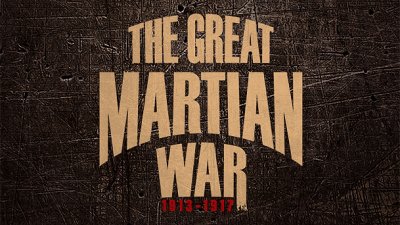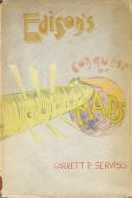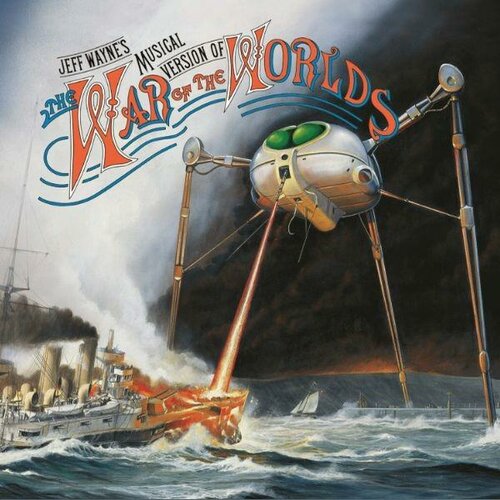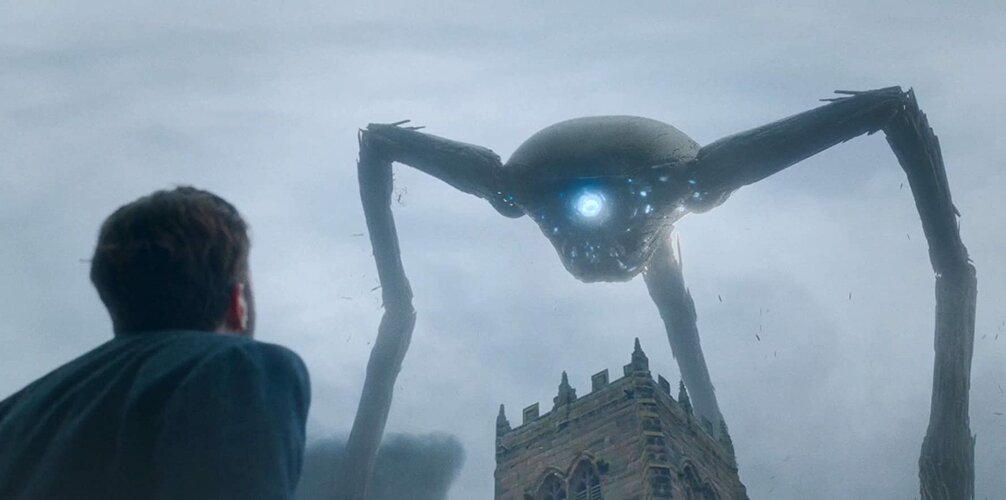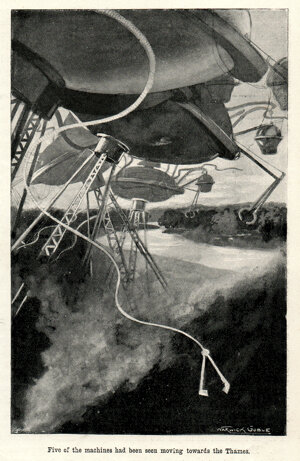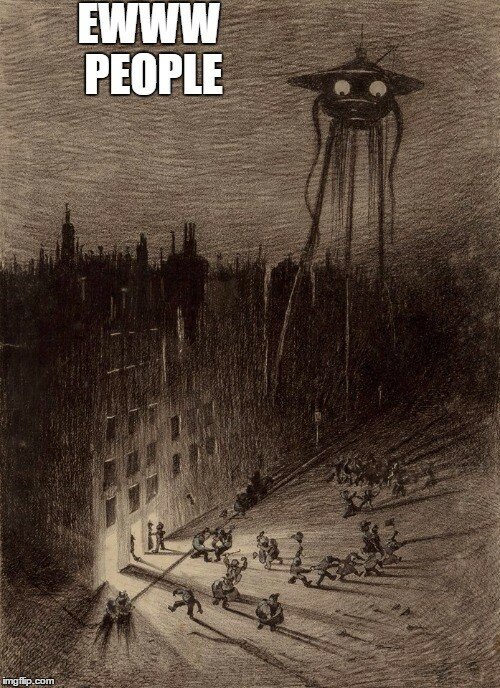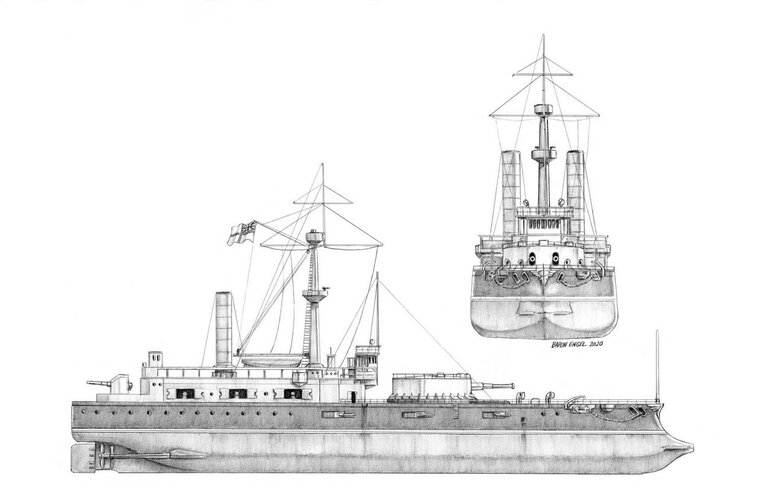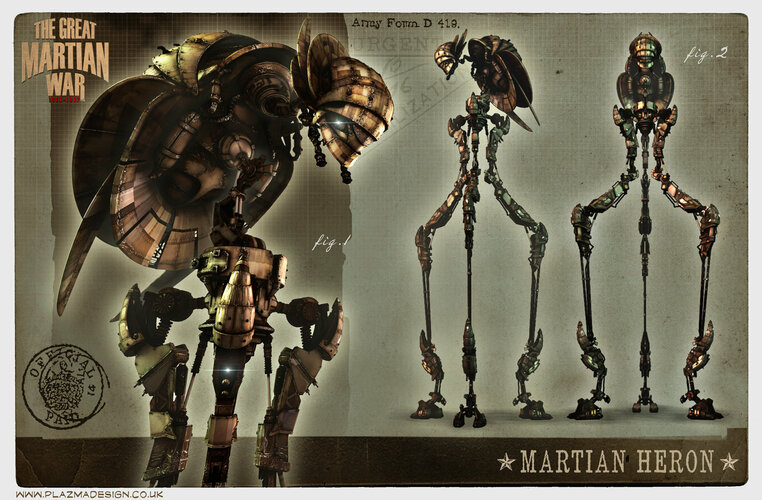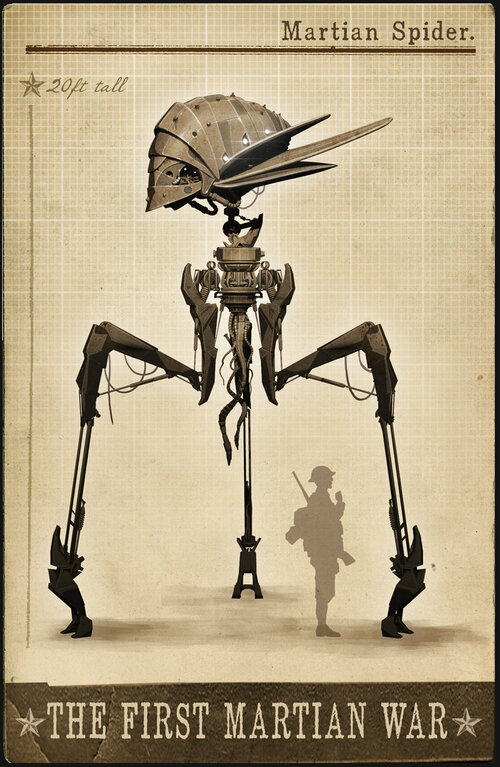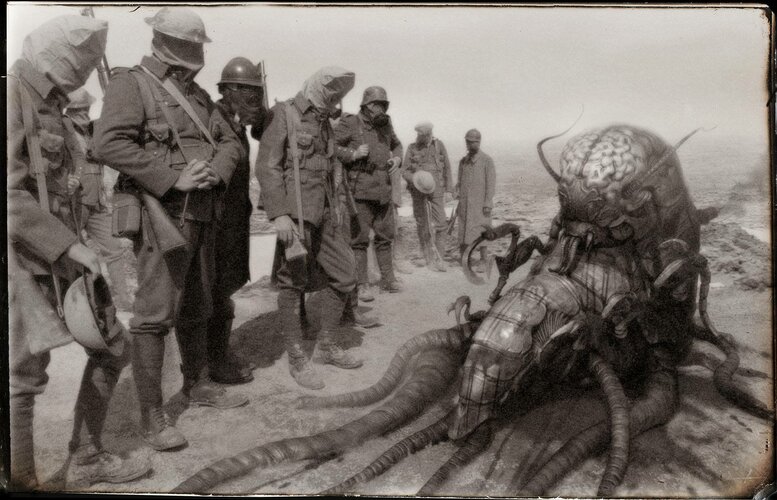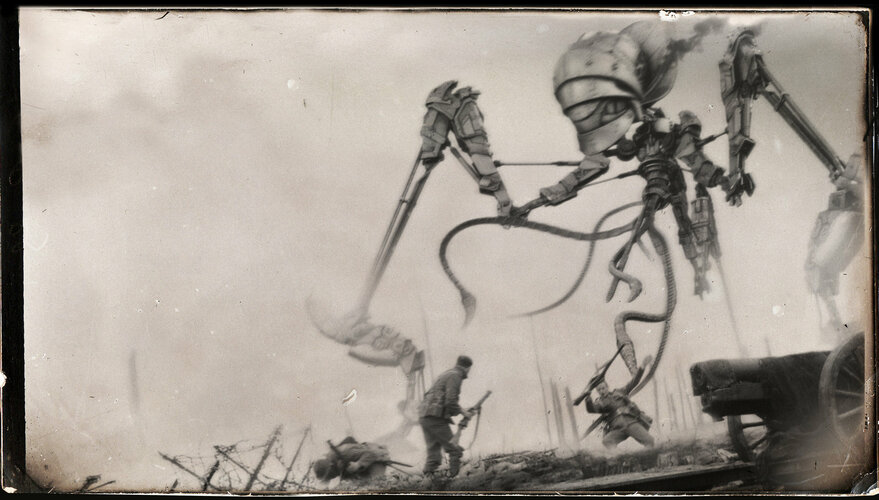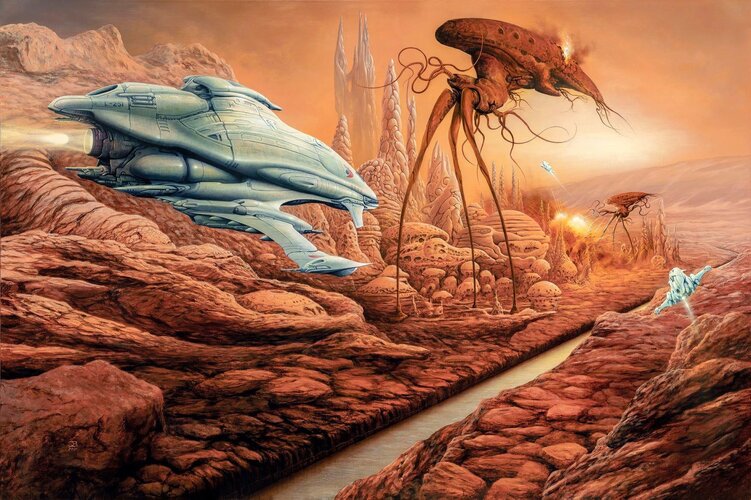- Joined
- 27 September 2006
- Messages
- 6,417
- Reaction score
- 6,823
The events in HG Wells' "War of the World's" have inspired films, TV series, books and graphic novels/comics. Some have even described the invasion of Britain as if it had actually happened.
Supposing the invasion had happened at the beginning of the 20th Century and only destroyed South East England before the Martians succumbed to the virus.
The best brains in Britain and other countries would have been keen to get Martian technology to work. But given the limitations of a pre-electronic society the tripods and heat rays may have ended up in pieces from South Kensington to the Smithsonian.
Supposing the invasion had happened at the beginning of the 20th Century and only destroyed South East England before the Martians succumbed to the virus.
The best brains in Britain and other countries would have been keen to get Martian technology to work. But given the limitations of a pre-electronic society the tripods and heat rays may have ended up in pieces from South Kensington to the Smithsonian.

